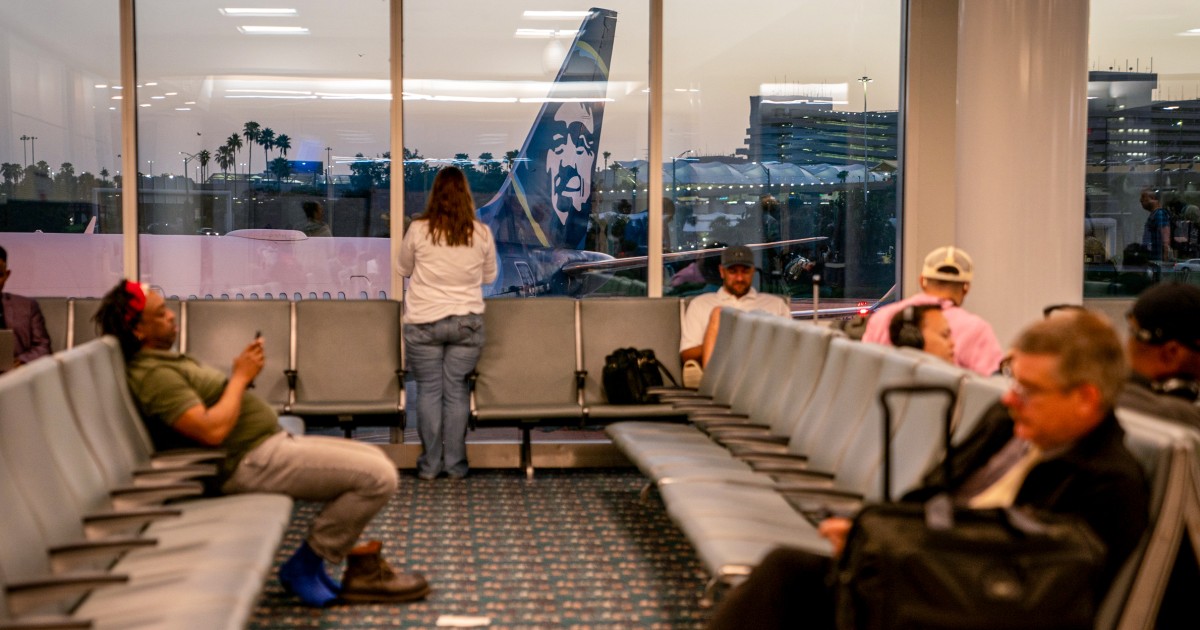Supreme Court Temporarily Allows Third-Country Deportations

WASHINGTON, D.C. – In a significant decision, the U.S. Supreme Court has temporarily stayed a lower court’s order, allowing the deportation of individuals to third countries to proceed for the time being.
Immediate Impact
The decision, issued on Monday, halts a previous ruling that required deportees to have the opportunity to challenge their deportation orders if sent to countries other than their own. This ruling affects a group of men from nations including Myanmar, Laos, Vietnam, Cuba, and Mexico, who were initially scheduled to be deported to South Sudan but ended up in Djibouti.
Key Details Emerge
The U.S. government justifies the deportations by labeling the individuals as violent criminals, convicted of serious offenses such as murder, sexual assault, kidnapping, and robbery. The government argues that these individuals do not deserve to remain in the United States.
15 days is the minimum time Judge Brian Murphy ruled deportees must be given to challenge their deportations.
Judge Brian Murphy of the U.S. District Court for the District of Massachusetts had previously ruled that deportees should receive a “credible fear” interview in their native language and be given at least 15 days to contest their deportations.
By the Numbers
3 Supreme Court justices dissented: Sonia Sotomayor, Elena Kagan, and Ketanji Brown Jackson.
The Supreme Court’s liberal justices dissented, emphasizing the importance of caution in life-and-death matters, criticizing the government’s approach as hasty and potentially endangering deportees.
Background Context
The Supreme Court’s order is the latest in a series of actions where it has acted as the final arbiter in the U.S. government’s efforts to expedite deportations and reduce due process. The decision impacts several migrants and U.S. detention officers currently residing in harsh conditions in Djibouti.
“This Court now intervenes to grant the Government emergency relief from an order it has repeatedly defied,” Justice Sotomayor noted in the dissenting opinion.
Expert Analysis
Legal experts and immigration advocates argue that even those with criminal convictions deserve due process before being deported to potentially dangerous countries. They highlight the Trump administration’s policy as punitive and emphasize the need for meaningful notice and opportunity to be heard.
Regional Implications
The strategy of deporting individuals to third countries is not new but has been a priority under the Trump administration. The focus has been on convincing countries like China, Venezuela, and Cuba to accept their citizens, thereby facilitating quicker deportations from the U.S.
Timeline of Events
- May 27 – U.S. Solicitor General John Sauer requests an immediate stay of Murphy’s order.
- Monday – Supreme Court issues a temporary stay, allowing deportations to proceed.
What Comes Next
The legal proceedings will continue in the lower courts as the Supreme Court’s stay is only temporary. The outcome will significantly impact U.S. deportation policies and the lives of those affected.
The Supreme Court’s decision underscores ongoing debates over immigration policy, due process, and the balance between national security and human rights.






